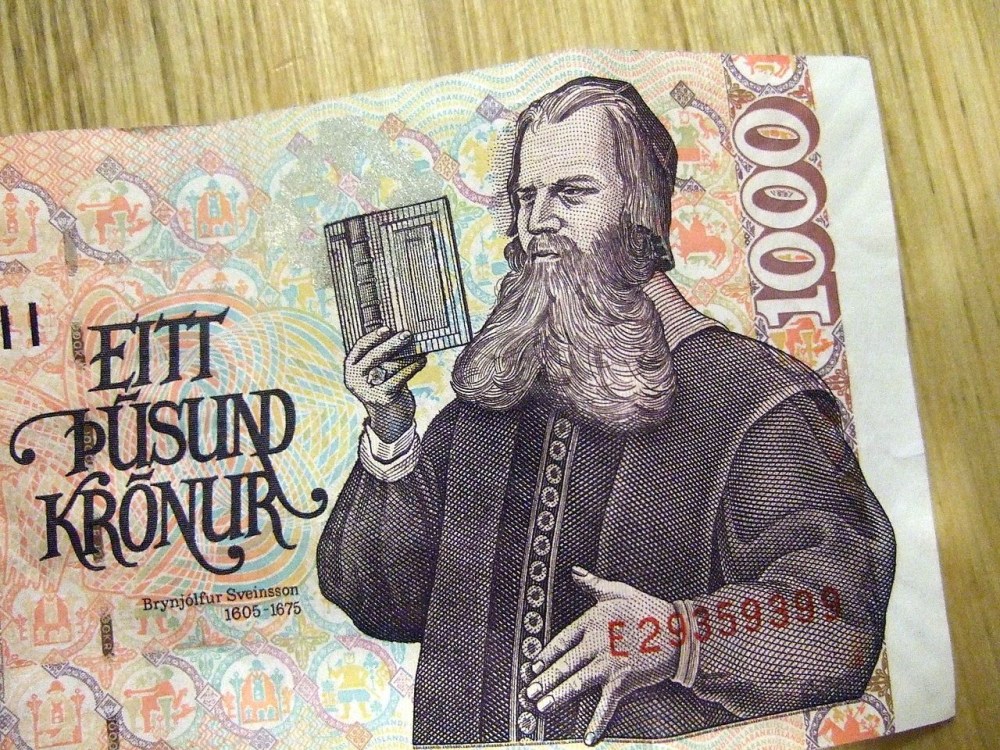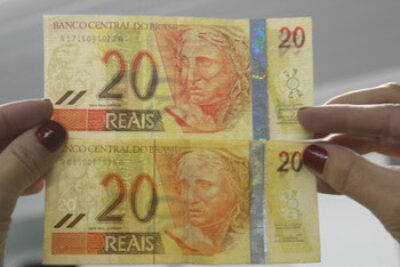Capital area police have issued a statement saying they have received numerous reports of counterfeit 5,000 ISK and 10,000 ISK notes and some euros being circulated. Investigations are reportedly underway.
Counterfeiters will typically attempt to launder this money by making small-time purchases with larger notes, thereby obfuscating the paper trail and making a tidy profit. The police consider regular cashiers to be the first line of defense against counterfeiting, and link to the Central Bank page on what Icelandic monetary notes are supposed to look like.
Counterfeiting is not an unknown phenomenon in this country. Regular reports come up about such notes being used, in particular in taxis, although then euros most often come into play.
The most recent report of counterfeit bills being circulated in Iceland turned out to be pretend euros labelled “СУВЕНИР”, which both means and is pronounced “souvenir”, as well as “НЕ ЯBЛЯETCЯ ППATEЖHЬIM CPEДCTBOM”, which roughly translates as “not legal tender”.
Source: GRAPEVINE



